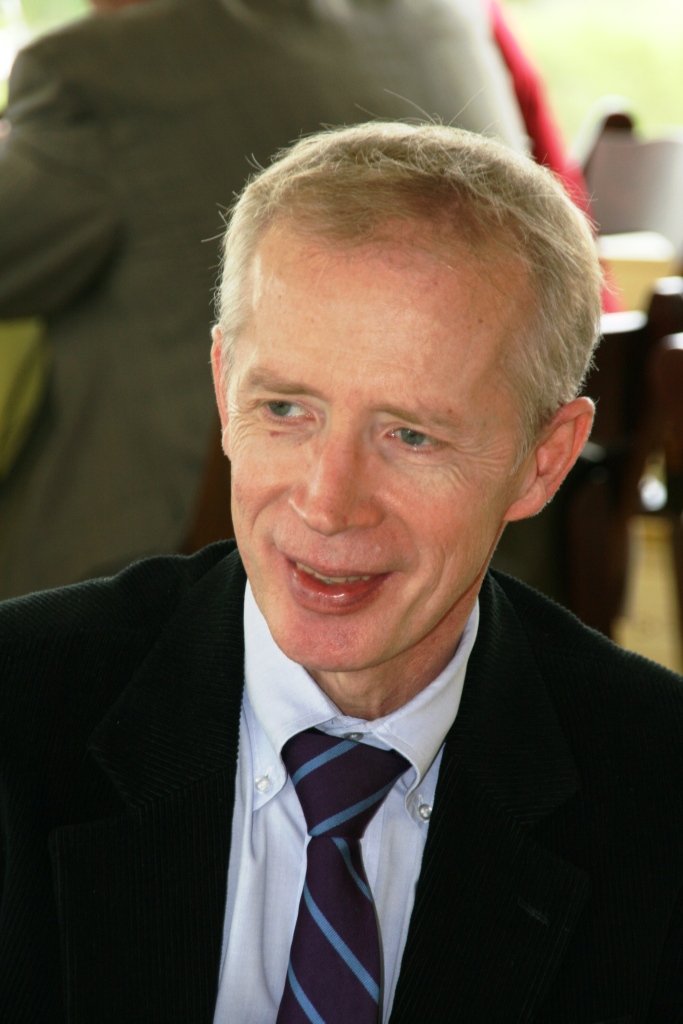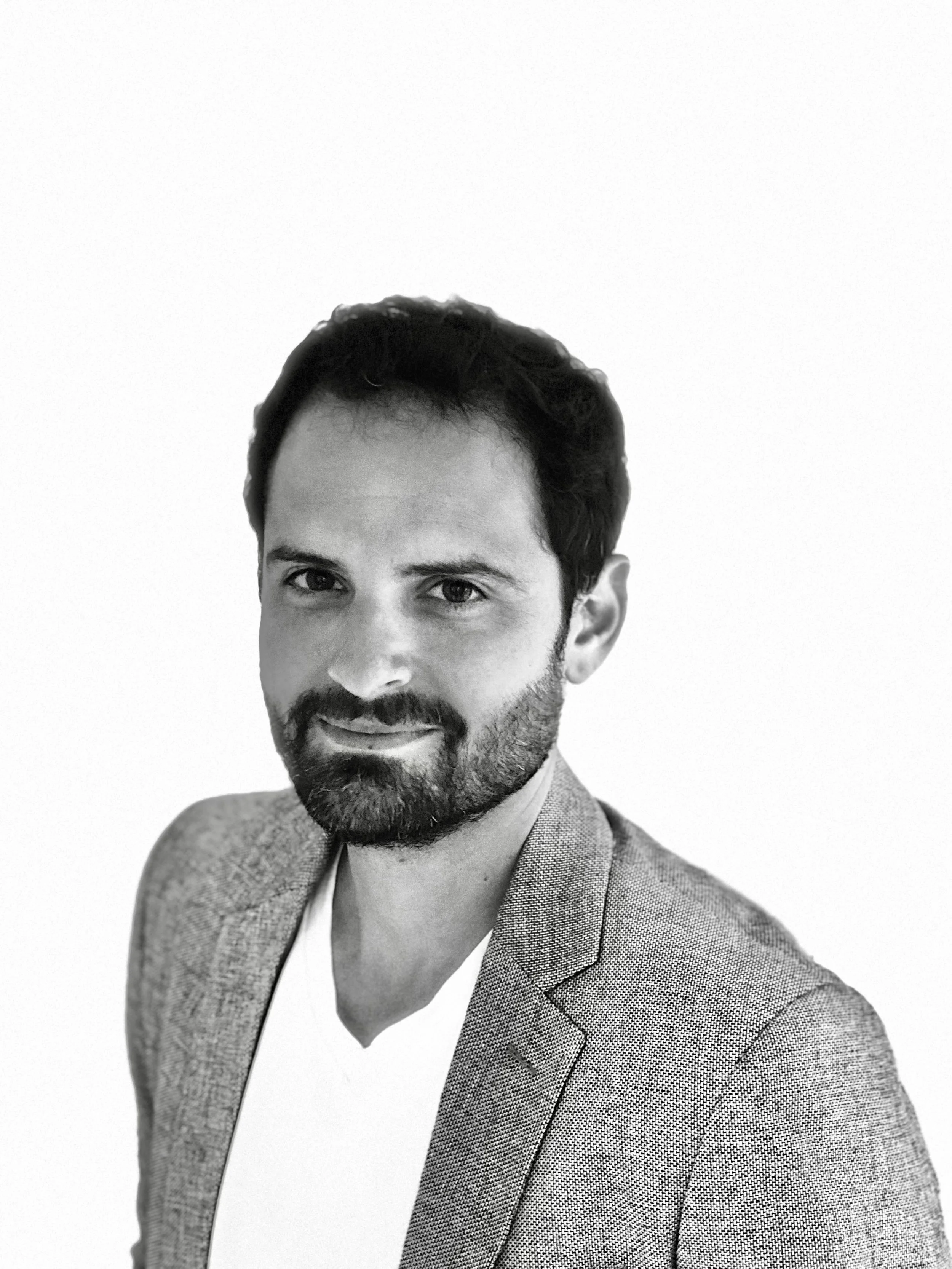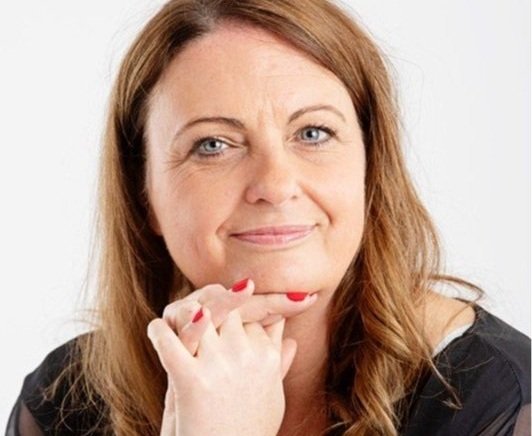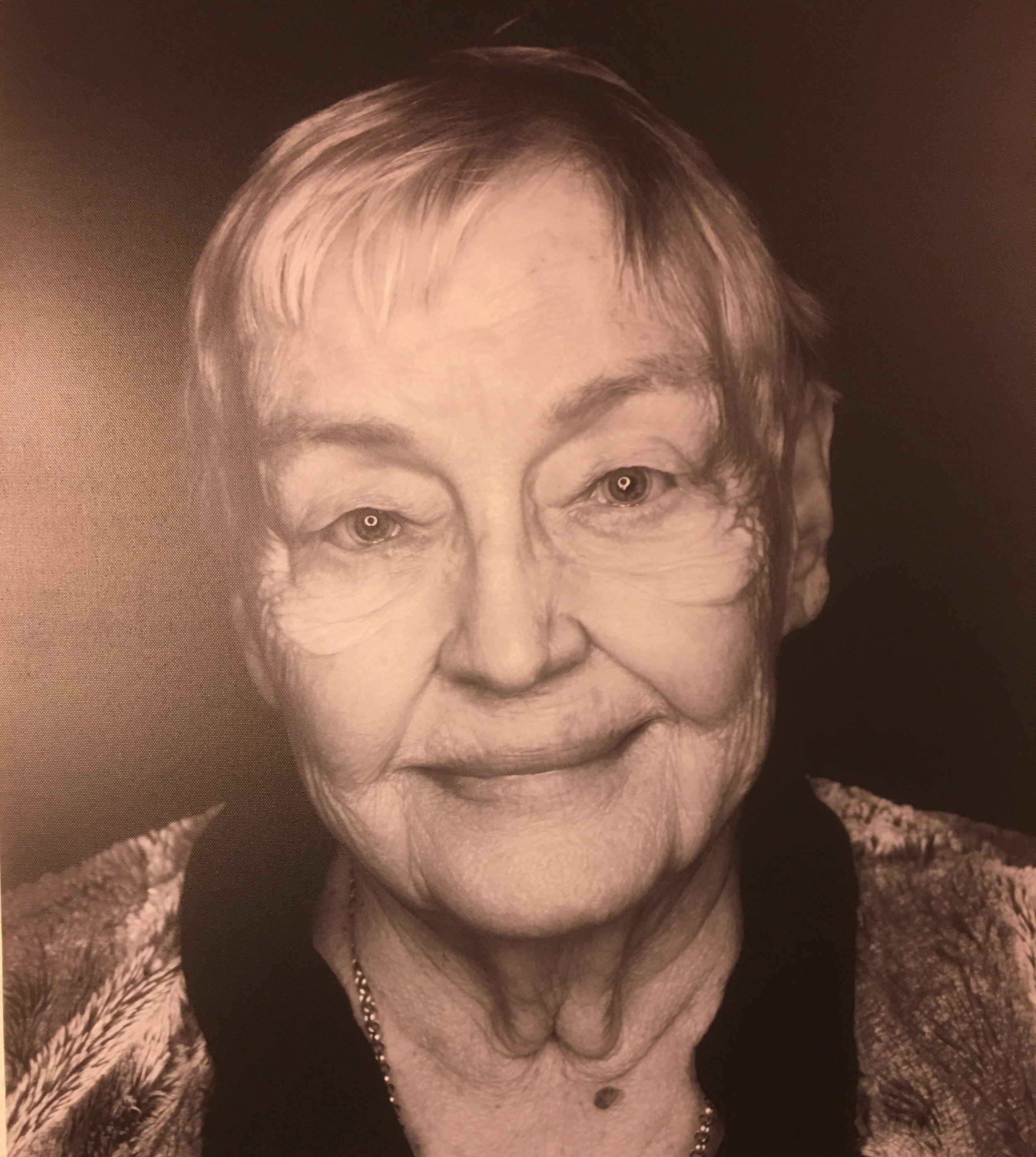Why does men’s mental health get less recognition than women’s mental health? A letter to the Canadian Mental Health Commission Hamilton.

By Dan Perrins
Dear Canadian Mental Health Commission Hamilton (CMHCH),
On Thursday August 31 I met a couple of your representatives at the screening of the documentary Love in the Time of Fentanyl.
I thoroughly enjoyed the interaction that took place. The discussion was not centered on substance abuse but covered two topics of which men are the vast majority of victims: suicide, and slow suicide via substance abuse.
Your representatives were not busy with attendees needing their time. In fact for the 40 or so minutes that the conversation took place I believe only one person came to the room.
The talk amongst your personnel and I was about over and so I went down to the theatre area to catch the rest of the film and take part in the discussion that was happening after the show.
“I asked your representatives if I put the terms ‘women's mental health’ and ‘men's mental health’ into the search bar of the government of Canada website would I get the same number of results.”
I am not writing to you today in regards to the documentary (that deserves a more nuanced discussion) but to go over the chat your representatives and I had.
At the beginning of the dialogue I asked your representatives if I put the terms "women's mental health" and "men's mental health" into the search bar of the government of Canada website would I get the same number of results.
There was a bit of an awkward silence, as if I had just said a quiet part out loud.
Your staff replied they did not believe there was an equal amount of returns.
I confirmed their assumptions and tossed out a couple of recent returns that I documented.

Image: Screenshots of search results for ‘men’s mental health’ compared to ‘women’s mental health’
They did not appear to be too surprised at my response.
From there I went on to give them a Coles notes introduction about my efforts to reduce the male suicides.
Before I go any further I'd like to ensure your staff, (perhaps even the national staff?) are aware of my efforts to reduce both the aforementioned issues men face which they are the vast majority of.
I run something called #ProjectJeb

Image: Stickers distributed as part of #ProjectJeb
It is a walk I and my puppers Charger do every year to raise awareness about the male suicide issue while at the same time promoting the national suicide hotline.
It is a simple concept, a sticker highlighting the fact men are 75% of all suicides, the national suicide hotline and two hashtags.
One is #MenMatter not more or less than women.
And the other hashtag #ProjectJeb.
I also base my efforts on 4 pillars I'd like to share them with all of your staff.
The 4 Pillars of Project Jeb:
1) Toxic masculinity is toxic terminology. We can use the term toxic behaviour and not harm a young man's ability to develop a healthy ego. I can point to behaviours that tend to affect young women like 'cutting' should we call that toxic femininity? Would society stand for it?
I think not.
2) Encourage our sons to talk at an early age. And listen. Maybe their concerns are valid maybe not but if they are just hand waved away we will never know.
It also let's them know they do in fact matter. I believe we should also encourage our daughters to get a little dirt under their fingernails. They like our sons aren't made of fine bone China.
3) current mental health efforts require some tweaks to make them more appealing to men. By this I mean programs should include a hands busy approach. It is my position that men are more open to discussing their issues if their hands are busy. (I'd like to point out 1 of your employees was aware of Men's Sheds. I applaud them for looking at solutions outside of the current set.)
4) substances aren't solutions, and that applies to everyone.
I bring these 'pillars' of Project Jeb to folks via the walks I have done since 2015. We've covered thousands of miles and affected thousands of people with this simple concept.
I hope we can work together to reduce the suffering caused by the God awful effects a suicide has.
I encourage your staff to become Jeb-i-warriors.
Be a force for good.
Raise awareness about men's mental health.
Thank you,
Dan Perrins.
#ProjectJeb
If you are having thoughts of suicide, or have been impacted by the suicide of someone close to you, phone Samaritans on 116 123 (UK & Ireland), who are open 24 hours per day, every day of the year. In Canada phone 1-833-456-4566. In the US phone 988 for the National Suicide Prevention Lifeline. In Australia call Lifeline on 13 11 14
Scroll down to join the discussion
Ordinary man driven to delivering one-man voluntary community health promotion by extraordinary circumstances. I run #ProjectJeb throughout Southern Ontario, Canada, hoping to improve men’s mental health by spreading the Four Pillars of Jeb. #MenMatter no more or less than #WomenMatter. Be a Jeb-i warrior - be a force for good.
Disclaimer: This article is for information purposes only and is not a substitute for therapy, legal advice, or other professional opinion. Never disregard such advice because of this article or anything else you have read from the Centre for Male Psychology. The views expressed here do not necessarily reflect those of, or are endorsed by, The Centre for Male Psychology, and we cannot be held responsible for these views. Read our full disclaimer here.
Like our articles?
Click here to subscribe to our FREE newsletter and be first
to hear about news, events, and publications.

Have you got something to say?
Check out our submissions page to find out how to write for us.
.


















































